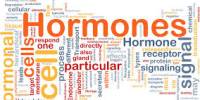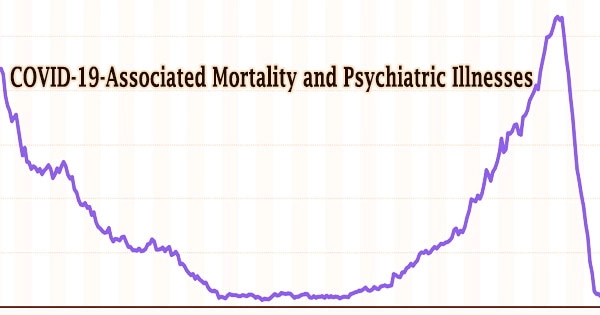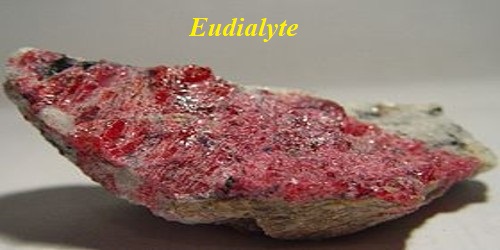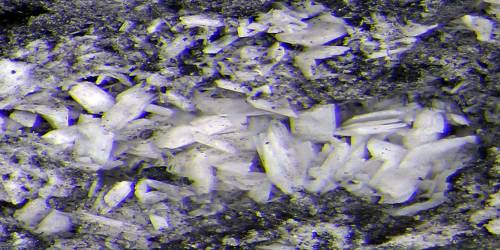Self-directed ageism, also known as internalized ageism or self-ageism, refers to negative attitudes, stereotypes, and biases that people have about themselves because of their age. It is the process by which individuals internalize and apply ageist beliefs and stereotypes prevalent in society, resulting in self-devaluation and negative self-perceptions.
The study, led by Professor Julie Henry of UQ’s School of Psychology, investigated why self-directed ageism is so prevalent.
“Older people are regularly exposed to ageism, such as negative assumptions about their worth, capacity, or level of understanding, as well as jokes about old age,” said Professor Henry.
“At the same time, as we get older, we rely more heavily on prior knowledge and environmental cues to guide how we feel, think, and behave. These cognitive changes make it more difficult for older people to challenge internalised ageist beliefs, known as self-directed ageism, in a world that devalues ageing.”
Interventions, such as increasing opportunities for positive social interactions between younger and older people, are required to prevent negative attitudes toward aging from forming in the first place. Our research also suggests that reducing ageism cues in our larger social environment will directly benefit older adults.
Professor Henry
Self-directed ageism can manifest as self-doubt (for example, ‘I’m too old to learn this new technology’ or ‘I’m too old to make new friends’) and negative perceptions of one’s own aging (for example, ‘I’m so much worse at this than I used to be’). Self-directed ageism can also manifest as anxiety about being judged based on age-based stereotypes, such as “If I forget to do this, they’ll think it’s because I’m old.”
Self-directed ageism has significant consequences for individuals’ mental and physical well-being. It can lead to decreased self-esteem, self-efficacy, and overall life satisfaction. Internalizing ageist beliefs can also result in self-imposed age-related limitations, such as avoiding new challenges or opportunities due to a belief that one is “too old.” This can hinder personal growth, limit social engagement, and prevent individuals from reaching their full potential.
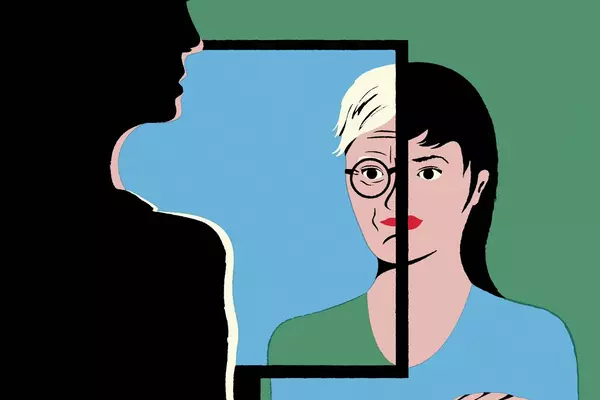
Professor Henry said when ageism is internalised and becomes self-directed, it has been linked to a shorter lifespan, poorer physical and mental health, slower recovery from disability and cognitive decline.
“It can also be harmful when older adults allow their negative beliefs about ageing to undermine their confidence to take on new or challenging experiences and opportunities,” Professor Henry said.
“Interventions, such as increasing opportunities for positive social interactions between younger and older people, are required to prevent negative attitudes toward aging from forming in the first place. Our research also suggests that reducing ageism cues in our larger social environment will directly benefit older adults. If fewer ageist cues attract the attention of older people, the risk of self-directed ageism should be reduced.”
Self-directed ageism requires both individual and societal efforts to address. Individually, it is critical to question and challenge one’s own beliefs about aging, as well as any negative stereotypes or biases held about oneself. Self-compassion and positive self-talk can help mitigate the negative effects of self-directed ageism.

